Matthew Mitchell: From FD to Fractional CFO — Building Pillr as a New Kind of Finance Partner
Matthew Mitchell, an award-winning Yorkshire finance leader, has helped scale and transform major businesses. With his new venture, Pillr Advisory, he is reimagining the CFO role - offering strategic, flexible support to ambitious SMEs through the fractional model.
Matthew Mitchell: From FD to Fractional CFO — Building Pillr as a New Kind of Finance Partner
Matthew Mitchell, an award-winning Yorkshire finance leader, has helped scale and transform major businesses. With his new venture, Pillr Advisory, he is reimagining the CFO role - offering strategic, flexible support to ambitious SMEs through the fractional model.
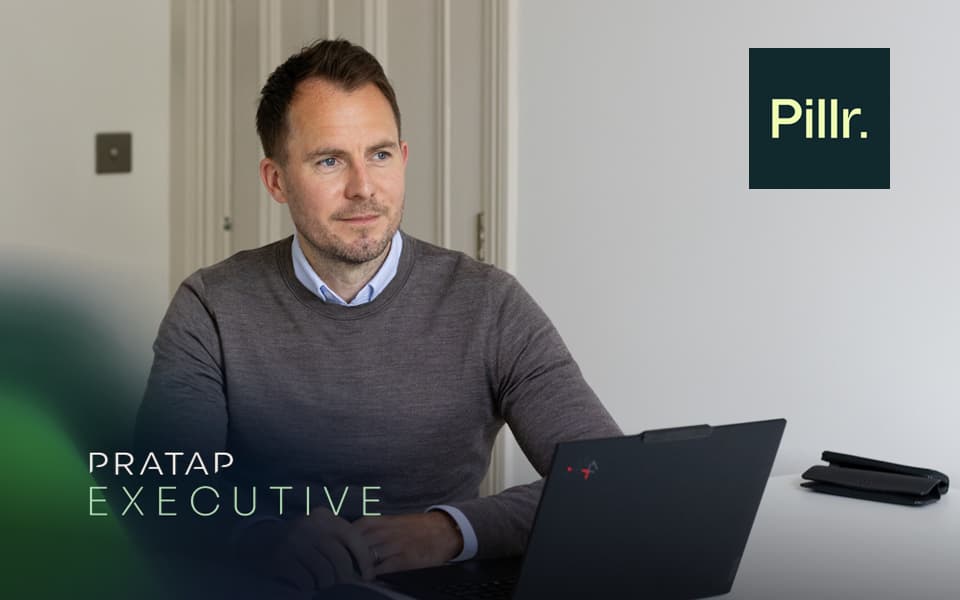
I first met Matthew Mitchell in 2018, while serving as a judge for the Yorkshire Finance Leaders Awards. He was shortlisted—and ultimately successful—in the highly competitive category of Finance Leader, Company over £100m, then serving as FD of Buy It Direct in Huddersfield. Since then, he has gone on to leadership roles at Forrest Fresh Foods and Bluetree, building an enviable track record in scaling growth, navigating change, and forging strong financial leadership teams.
Earlier this year, Matt made the bold decision to transition into a Fractional / Portfolio CFO career, launching his own business, Pillr Advisory. We caught up to explore his motivations for the shift, the practical realities of becoming a fractional CFO, how his prior roles influence his advisory work, and what he sees ahead for the finance profession.
Motivation & Transition
You have recently launched Pillr Advisory to operate as a Portfolio / Fractional CFO. What motivated you to take this step now in your career?
It is something that has been at the back of my mind for a number of years, and something that I have been working on for a while to ensure once I took the step, I was in a position to offer it in the way that I wanted to. I have also always been one to take each opportunity as it presents itself, be that stepping up when you don't necessarily feel 100% ready, stepping outside your comfort zone to take on additional responsibility, or pushing yourself to do something that scares you. In this situation, with the business I was previously with going into administration, I was in a position where I had the infrastructure established around me to really focus on going down the Portfolio / Fractional route.
Having spent years in full-time CFO roles, what was the biggest factor in deciding to pivot towards a portfolio model?
Timing has played a big part. With the greater visibility of the Portfolio / Fractional model, and the increasing adoption and understanding within businesses for this model, it felt like the right time to explore. The desire to go down this route has been a constant for me over the years, driven by the experiences I have built up from the roles I have held. My background is predominantly working with entrepreneurial owner-managers and SMEs, and I have seen first-hand where they can get the most value from their FD / CFO, and a lot of the time, this isn't from having someone in there full-time. The effectiveness of the role often gets watered down due to the day-to-day requirements of the business, with the FD getting pulled into areas which, although they will be very competent and efficient at, is not where the business will get the most value. I have always thought the portfolio model would work much more effectively, ensuring the time the FD is working within the business, or the specific area they are being brought in to focus on, is the most efficient way to drive true value. From the other side, I also speak to a number of FDs who become disillusioned with their position when they're not able to spend the time on the things that will add value to the business, strategic finance rather than the more day to day.
How do you see the Fractional CFO proposition fitting into the needs of entrepreneurs and SMEs in today’s market?
In every role I have been in, there has been a common theme around what entrepreneurs and owner-managers value most, and that is time. It is also often what they have least of. One of the ways they are told to fix this is to hire an FD / CFO, who can be their right-hand person and help free up some of their time. Sometimes this works, or certainly does to a degree, but what often happens is they get buried in the day-to-day tasks and are unable to offer the strategic insight expected. I believe this is where the proposition fits in, offering a flexible, high-level alternative, ensuring expert financial guidance without the full-time cost or commitment. I know from experience that each business owner will have their own unique requirements, and understanding the person and their drivers is instrumental in ensuring that the fractional proposition works, tailoring each engagement to the exact needs of the business-owner. This isn't always easy, and I think is where some portfolio offerings can fall down. The relationship between FD / CFO and business owner is still critical, particularly I have found with entrepreneurs, and this made even more so in the Fractional offering where value outcome is key.
Pillr — The idea, the name, the philosophy
It is a deliberate play on the word “pillar.” The idea is that a CFO shouldn’t be distant or aloof; they should be foundational—supporting, steady, reliable. Also, I drew inspiration from places like Castle Hill (as a landmark, a support to the landscape) and wanted something sharp and modern. The spelling “Pillr” gives a bit of edge, makes it modern, and sparks curiosity—while retaining all the symbolic weight of “pillar.”
I aim to partner deeply, not parachute in and leave. I want to walk with the leadership team, build trust, embed financial thinking, and grow internal capability. I don’t want to be a paper consultant; I want to be part of the story, sharing responsibility for outcomes. I also want authenticity—not smoke and mirrors, but real conversations about trade-offs, constraints and opportunity.
Experience & Insights
You have led finance in businesses ranging from fast-growth consumer brands to large-scale manufacturing. Which of those experiences do you think has prepared you best for advising multiple clients today?
It is the combination of each business I have worked in that I believe gives me the value to advise multiple clients. My experience doesn't limit the industries that I can advise on, and I am not trying to carve out a niche offering towards any specific industry or type of company. Where I do have a skillset that I believe will differentiate me from a number of other Portfolio FD / CFOs is the type of people I have worked with. My background is working with entrepreneurs and owner-managers in each business I have been in, and I understand how entrepreneurs work. I'm not going to say this is always the case, but there can quite often be an element of chaos within these types of business, and I learned long ago to embrace this and ensure that I am able to be flexible and adaptable in how I get things done. I love working with entrepreneurs for this very reason, and I know how to work with them to ensure they get the best outcomes and advice.
Many of your roles involved restructuring, acquisitions, and scaling operations. How do you bring those lessons into your fractional work?
My previous experience, and the variety that that entails, means I can comfortably join a business at whatever stage of their journey they are at. In an ideal world you would appoint an FD / CFO before you need one, and they would ensure that everything is in order and lined up in advance of any particular scenario hitting the business. However, we all know that this is rarely the case and it is often the result of an event that results in an immediate requirement for an FD / CFO. Having the broad array of knowledge of a variety of different events at various stages of a business' life cycle means I am quickly able to get into the detail and know what is required. As a result, I am equally adept at ensuring a business is prepared for all eventualities as I am at joining late in a process to get things over the line or turned around.
What differences do you see between being embedded in a single company and supporting several businesses at once?
For me personally I don't see a difference. I want to work with people and businesses that I believe in and that have a goal or vision they are trying to achieve. I get satisfaction from helping people achieve their goals and giving them the tools to do so. Whether that's from being embedded in one business or helping multiple, the ultimate aim is the same. I enjoy the variety and satisfaction I get from helping as many business owners as I can so that they get the freedom back to focus on driving their business forward, safe in the knowledge that Finance is taken care of and they can rely on the information provided to make key strategic decisions.
The Fractional CFO Model
What do you think business owners misunderstand most about the role of a Fractional CFO?
I believe there is still a misconception to the value a Fractional FD / CFO brings when compared to a full-time hire who they can "see" in the business each day. This comes down to the argument of bringing in the right skills and experience to ensure you are getting value. I see this as being particularly important in entrepreneurial owner-manager and SME businesses, where getting the right experience at the right cost is critical, and where every pound spent should bring a return. Bringing someone in on a full-time basis can work, but depending on the stage your business is at, more often than not you end up with someone who isn't able to add the value they or you expect to. They can get bogged down in the day-to-day and don't have the capacity to add value at a strategic level, or they get bored because only a small part of their job is doing what they should be doing.
How do you balance being hands-on with day-to-day finance versus providing strategic, board-level insight?
I believe this comes down to what the business needs and when. Initially the business may need their day-to-day processes reviewing and improving, and an experienced Fractional FD / CFO can certainly help with this and put the correct systems and controls, reporting and team in place. I also believe there is a lot to be learned from understanding the day-to-day operations of Finance (and other parts of the business) before trying to go straight to offering strategic advice. Again, I may sound a bit like a broken record, but this all comes down to understanding who you are working with and how the business operates. Most business owners will know straight away if what you tell them has no grounding in the commercial and operational activities of the business, never mind finance, so finding the balance between the two is key. However, the point of bringing in an experienced Fractional FD / CFO is so they know how to find that balance and ensure that they're not getting too hands on in the day-to-day to the detriment of providing true strategic, board level insight.
In your view, how can a Fractional CFO add the most value during periods of growth, funding, or succession planning?
I think this is where the Fractional model works most effectively and often is how longer-term relationships are formed. This type of event often forces the hand somewhat to ensure a business has the right level of financial support during what can be quite a distracting time. The best Fractional FD / CFOs come in and bring a calming voice to proceedings and take away a level of stress and additional work that would otherwise fall on the owner or the existing teams. The right Fractional FD / CFO brings the experience of having been there and done it previously, knows what needs to be done and can ensure the business continues to thrive despite what could otherwise be a distraction.




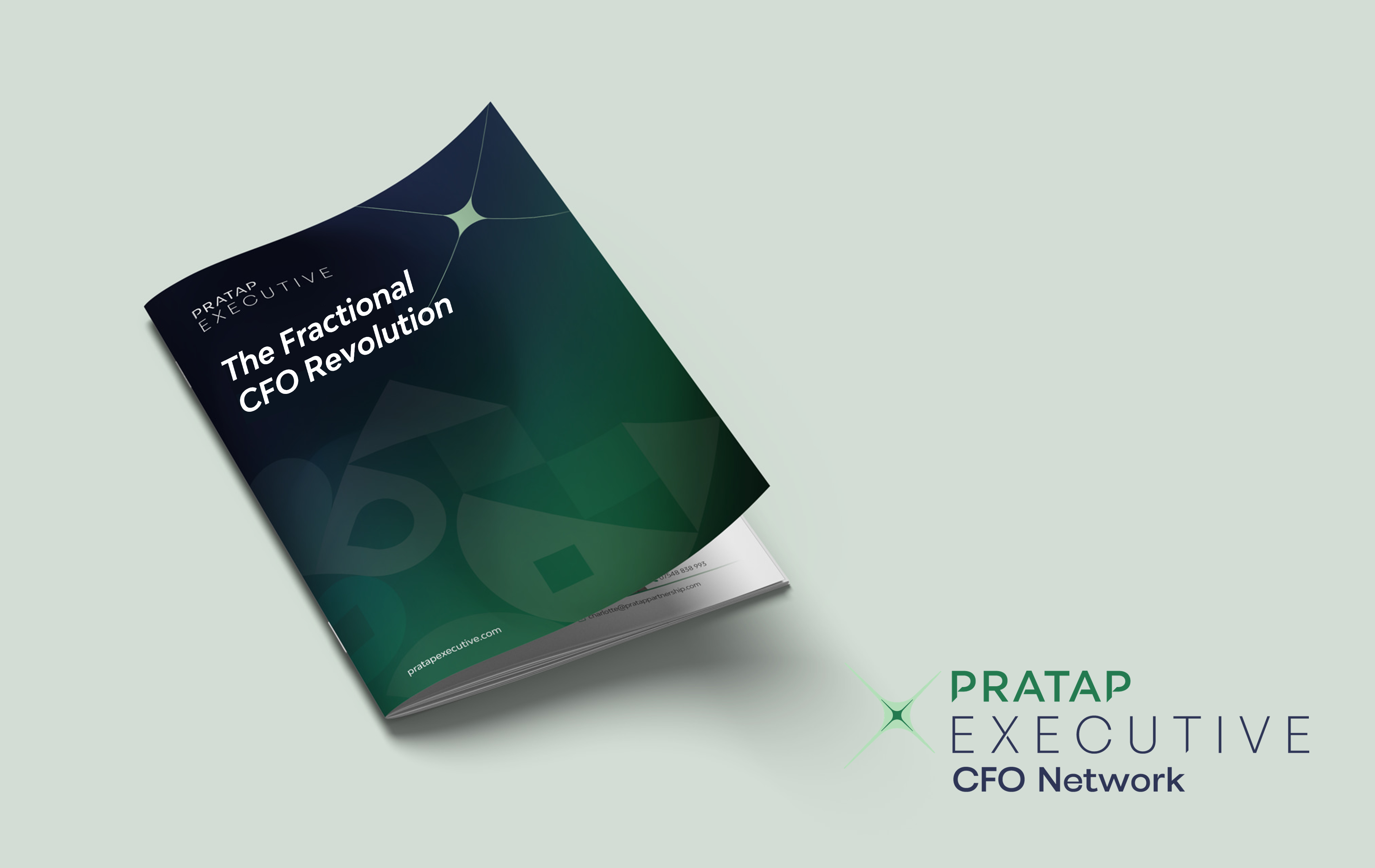
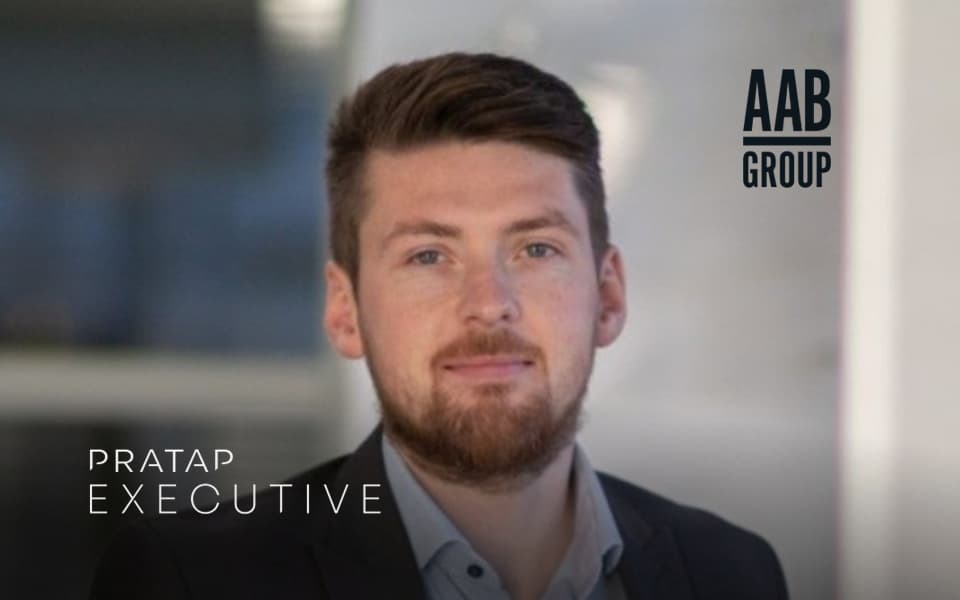
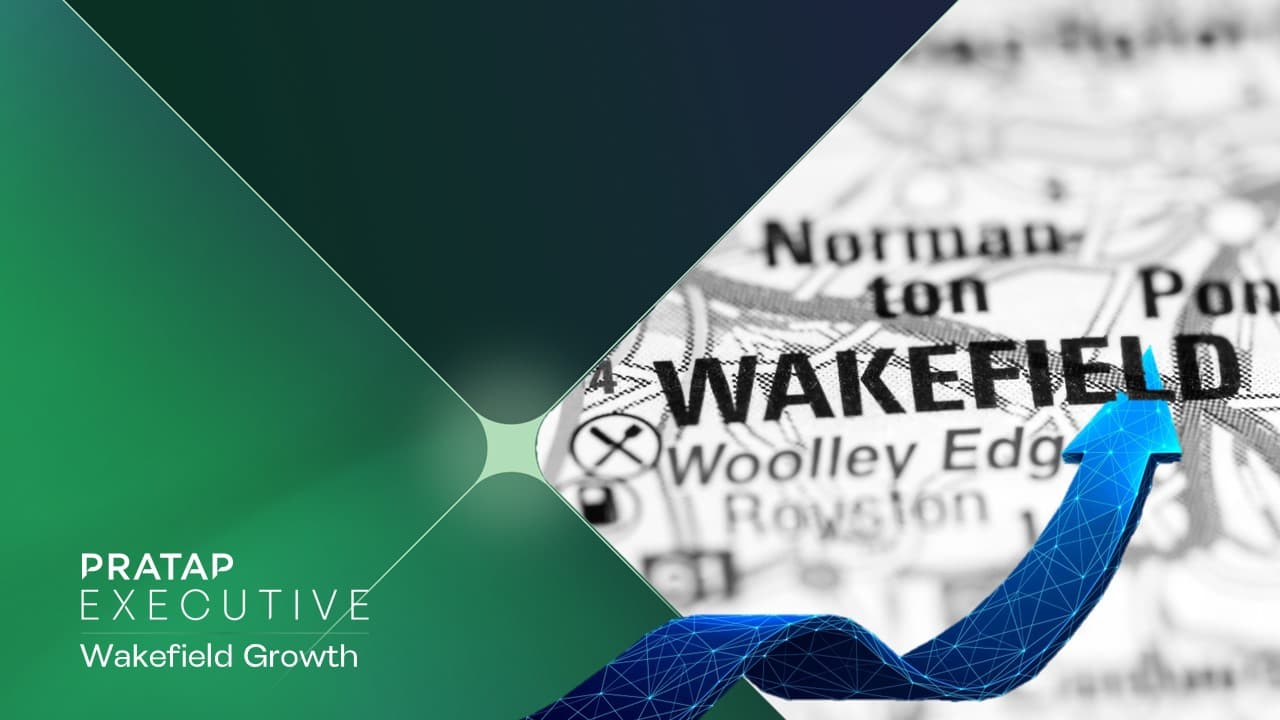

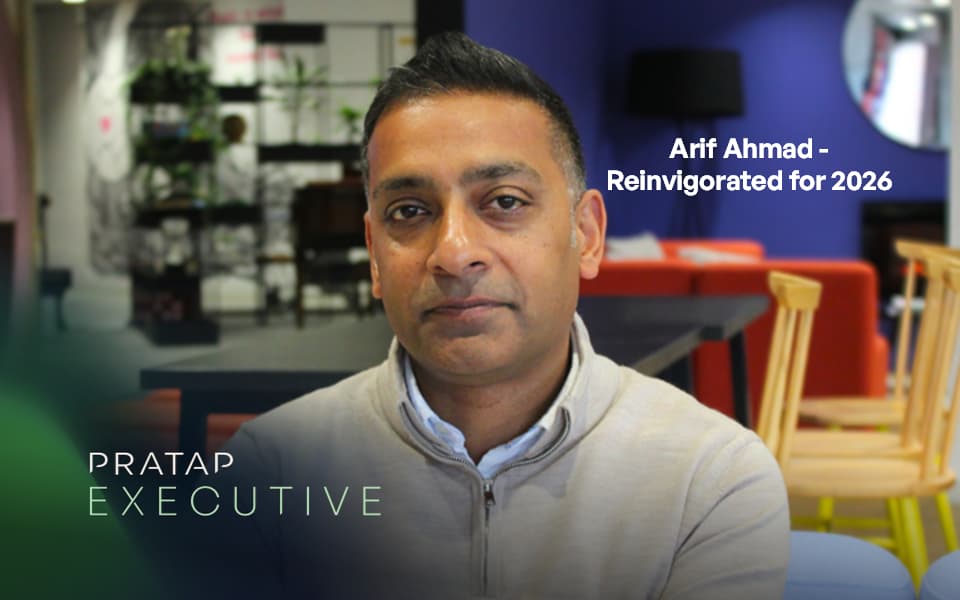


.jpg)